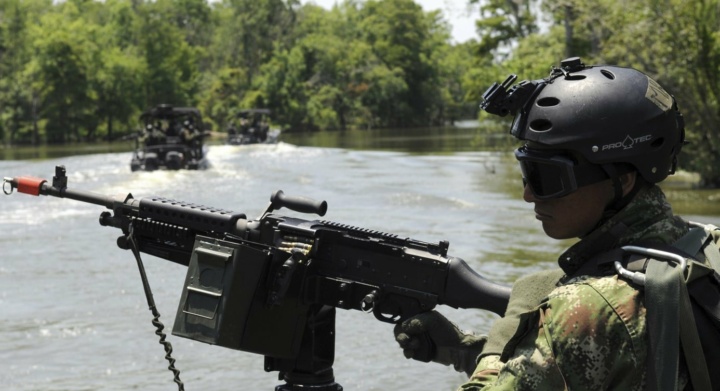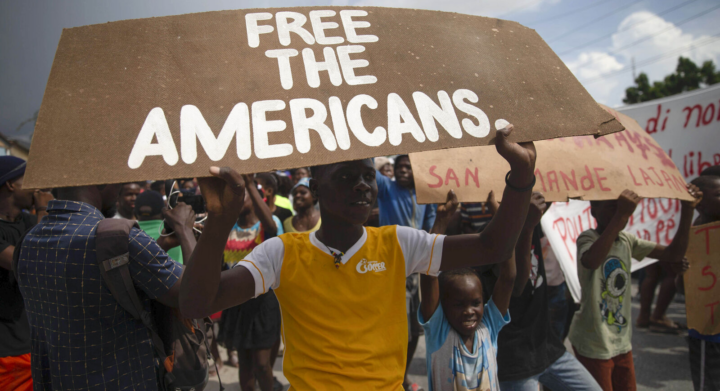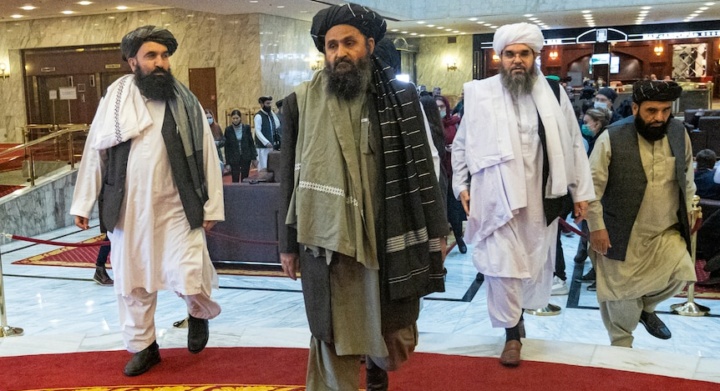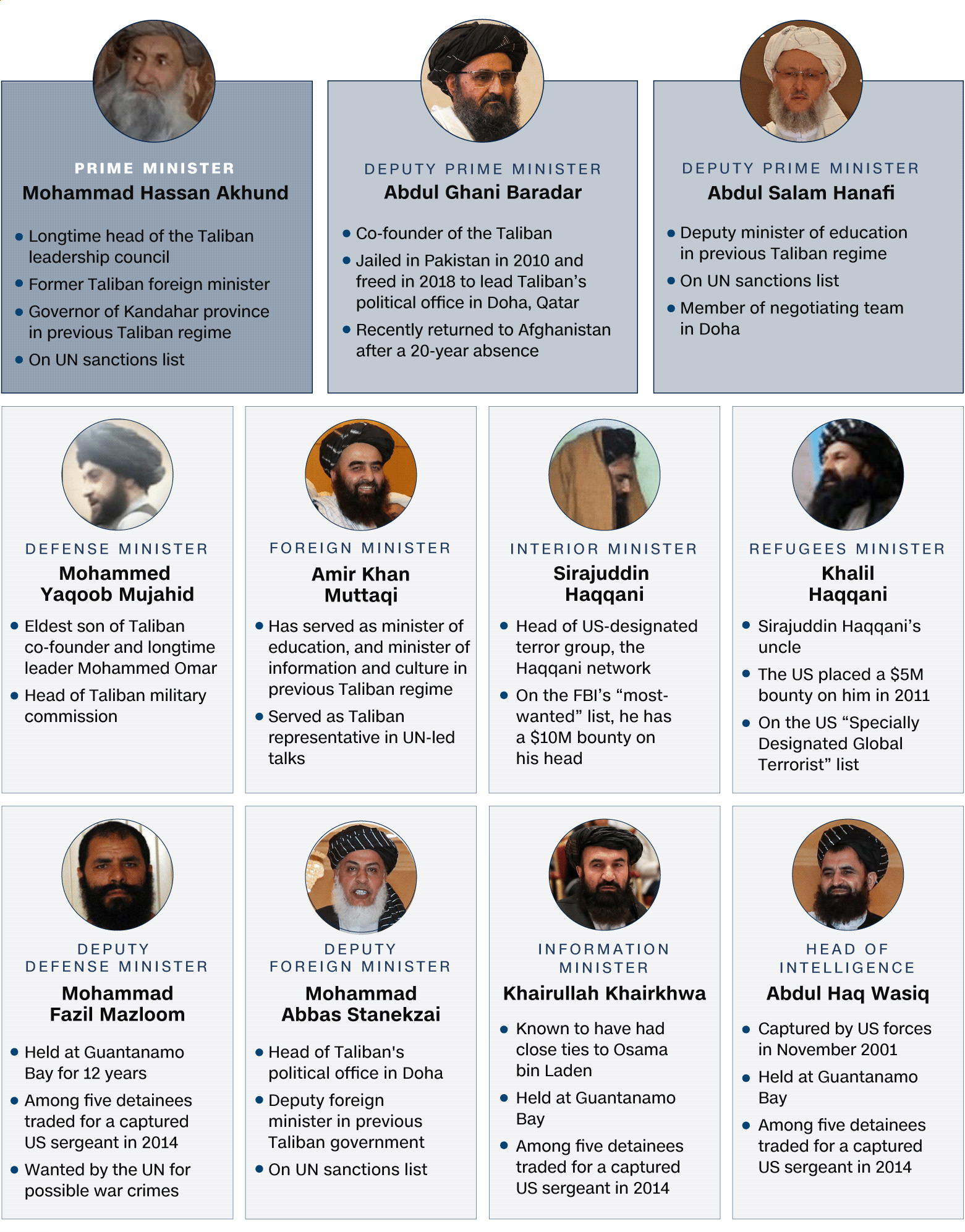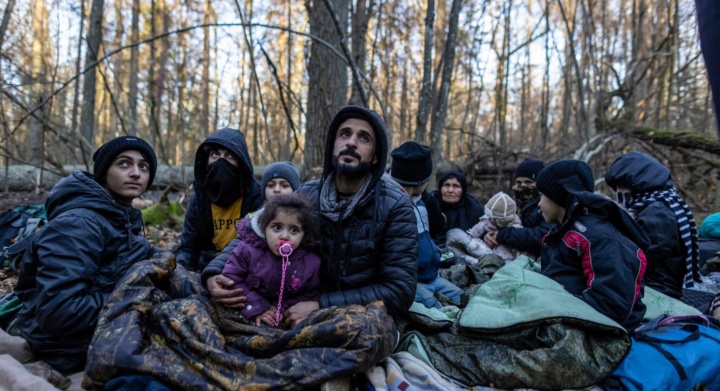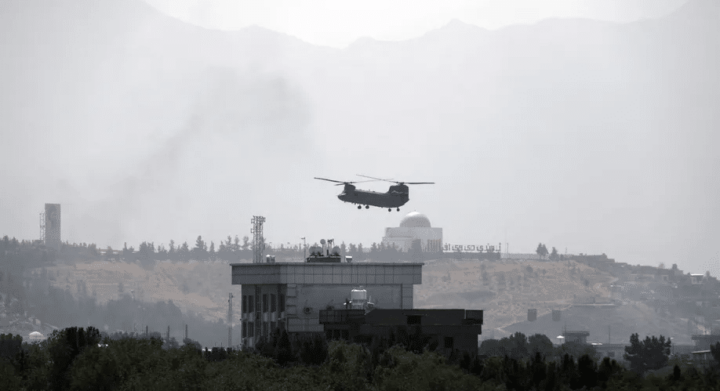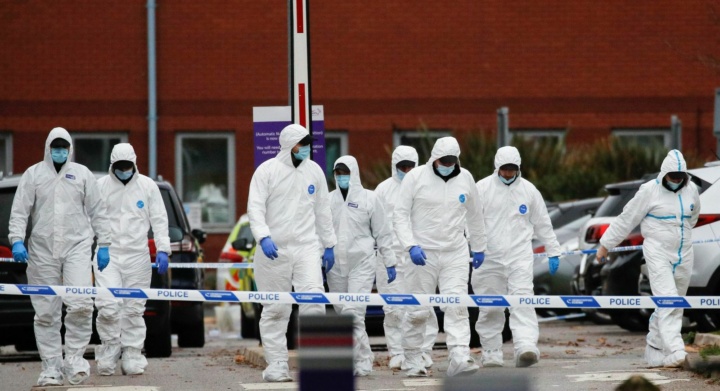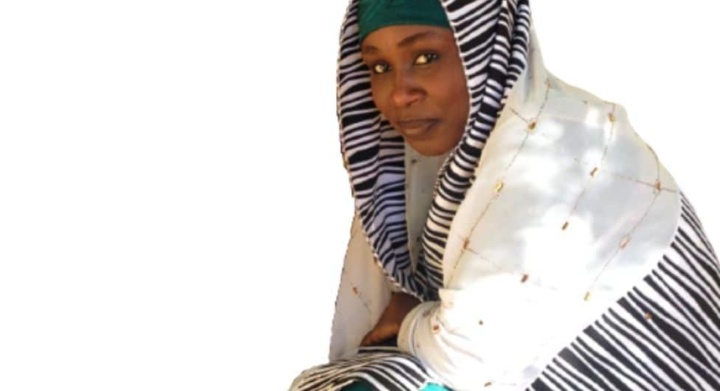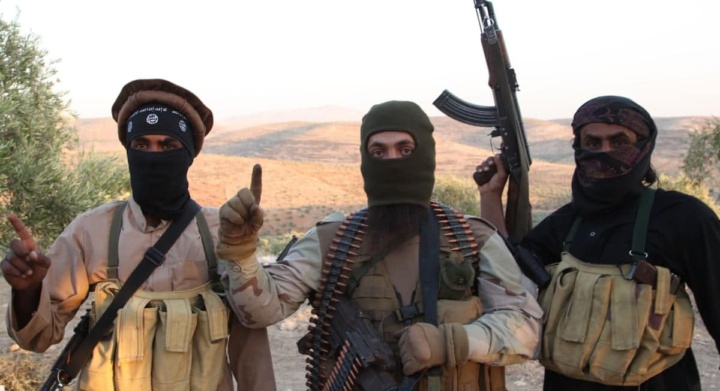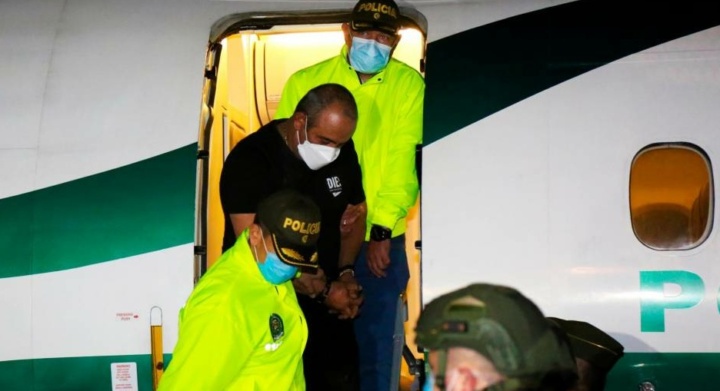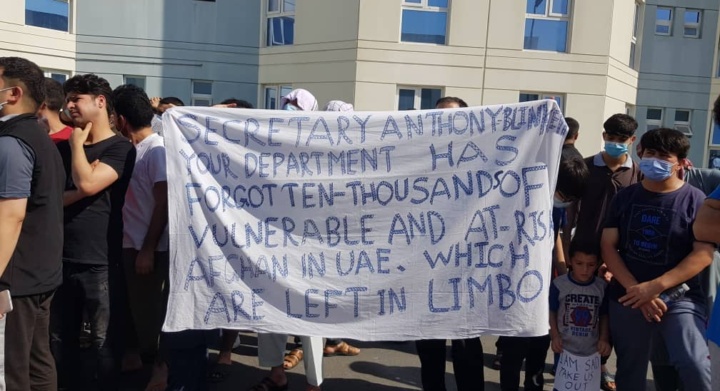On November 30th the United States announced plans to remove the Revolutionary Armed Forces of Colombia (FARC) from its list of foreign terrorist organizations. The decision to redesignate the terrorist status of the former guerrilla group follows the signing of a peace deal between the Colombian government and the FARC in 2016. In a statement following the announcement, U.S. Secretary of State Antony Blinken said that the FARC “no longer exists as a unified organization that engages in terrorism or terrorist activity or has the capability or intent to do so.”
Background
The FARC was founded in 1964 by a group of Marxist-Leninist revolutionaries in response to anti-communist repression across Colombia. The group waged a half-century war to overthrow the government, funding its operations through extortion, taxation, kidnappings, illegal mining, and the drug trade. At its height, the FARC counted 20,000 men and women under its command, controlled around 70% of Colombia’s coca crop, and generated well over 1 billion dollars in annual income.
The conflict between the FARC and the Colombian government represented the longest-running war in the western hemisphere, having cost the lives of over 220,000 people and displacing over five million civilians. After decades of meetings and negotiations, Colombia’s 2016 peace accord was signed. The deal was celebrated as one of the most all-encompassing peace agreements in modern history. The FARC agreed to demobilize, and the Colombian government promised to address poverty and inequality across the country’s rural regions.
Why is the FARC Being Removed from the Terrorist List?
The State Department’s decision to revoke the FARC’s terrorist designation comes five years into the deal’s 15-year time frame and represents the United States’ continued support for the country’s peace process. Whilst the move has been criticized by some U.S. politicians, including a number of senior Republicans, many Colombians have lauded it as a necessary step that will allow the United States to play a more central role in the country’s peace-building efforts.
Since the signing of the 2016 peace deal, 13,000 former FARC combatants have laid down their arms, and many of these former members now play crucial roles in the country’s peace process. Indeed, the FARC has been succeeded by a legal, registered political party, and many of the guerilla group’s former commanders now serve as prominent politicians. However, under the FARC’s designation as a foreign terrorist organization, U.S. officials were prohibited from meeting or working with former FARC militants and were unable to fund important peace-building programs, such as a formerly FARC-led campaign to destroy land mines across the country. Mr. Blinken’s statement said that delisting the FARC would allow the United States to “better support implementation of the 2016 accord, including by working with demobilized combatants.”
Preserving the Peace Process
The United States’ decision to redesignate the FARC comes at a pivotal point in the peace process. The Colombian government’s promise to tackle poverty in rural regions was at the heart of the peace accord, but experts are increasingly warning that these efforts are moving too slowly. As of 2020, just 4% of the deal’s rural reform measures are complete and security experts warn that the slow implementation of the promised reforms risk undermining the trust of rural communities and the return of armed conflict.
Colombia is already seeing a worrying surge in mass violence directed at rural communities. The government has been slow to seize control of the territory once held by the FARC, and a number of violent criminal organizations have moved in. The measures of the peace agreement, including the establishment of a national transitional justice court, threaten these groups’ illegal operations, and mass killings are increasingly used to let civilians know the high cost of supporting the deal.
Colombia’s peace process is at a precarious point. Five years have passed since the signing of the 2016 accord, but the peace remains delicate. The State Department’s decision to remove the FARC from its list of terrorist organizations will allow the U.S. to increase its support for the implementation of the 2016 deal by working alongside former members of the FARC and funding important peace-building programs across the country.
However, this alone will not be enough to secure the long-term success of the peace process. Colombia must accelerate the rollout of its rural development program. These promises were central to the peace deal, and failure to honor them will deeply damage the trust of rural communities, exacerbating the same frustrations that fueled the conflict for decades. Colombia must also work to protect communities from violent criminal organizations, providing rural Colombians the security to participate in a democratic society and supporting the efforts of the country’s transitional justice court.
The 2016 peace agreement gave Colombia the chance to move beyond its violent past, but its success is not yet guaranteed. The United States should continue to work with its Colombian partners to advance the cause of peace. The removal of the FARC from its terrorist list is an important step, but the U.S. must remain cognizant of the broader threats to the peace process. It should work with those in the government and those on the ground in rural Colombia to restore trust, promote economic development, and prevent the influx of armed criminal groups.
Oliver Alexander Crisp, Counter-Terrorism Research Fellow

